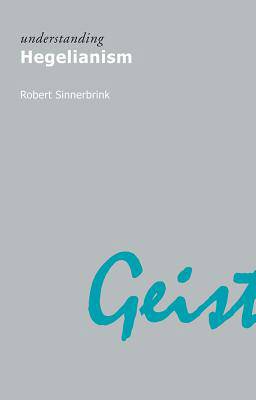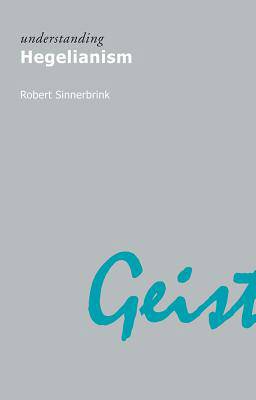
- Afhalen na 1 uur in een winkel met voorraad
- Gratis thuislevering in België vanaf € 30
- Ruim aanbod met 7 miljoen producten
- Afhalen na 1 uur in een winkel met voorraad
- Gratis thuislevering in België vanaf € 30
- Ruim aanbod met 7 miljoen producten
Zoeken
Omschrijving
"Understanding Hegelianism" explores the ways in which Hegelian and anti-Hegelian currents of thought have shaped some of the most significant movements in twentieth-century European philosophy, particularly the traditions of critical theory, existentialism, Marxism and poststructuralism. The first part of the book examines Kierkegaard's existentialism and Marx's materialism, which present two defining poles of subsequent Hegelian and anti-Hegelian movements. The second part looks at the contrasting critiques of Hegel by Lukacs and Heidegger, which set the stage for the appropriation of Hegelian themes in German critical theory and the anti-Hegelian turn in French poststructuralism. The role of Hegelian themes in the work of Adorno, Habermas and Honneth are explored. In the third part, the rich tradition of Hegelianism in modern French philosophy is considered - the work of Wahl, Kojeve, Hyppolite, Lefebvre, Sartre, de Beauvoir as well as the radical critique of Hegelianism articulated by Derrida and Deleuze. Although the focus is primarily on German and French appropriations of Hegelian thought, the author also explores some of the recent developments in Anglophone Hegelianism.
Specificaties
Betrokkenen
- Auteur(s):
- Uitgeverij:
Inhoud
- Aantal bladzijden:
- 240
- Taal:
- Engels
Eigenschappen
- Productcode (EAN):
- 9781844650941
- Verschijningsdatum:
- 29/05/2007
- Uitvoering:
- Paperback
- Formaat:
- Trade paperback (VS)
- Afmetingen:
- 167 mm x 214 mm
- Gewicht:
- 308 g

Alleen bij Standaard Boekhandel
+ 177 punten op je klantenkaart van Standaard Boekhandel
Beoordelingen
We publiceren alleen reviews die voldoen aan de voorwaarden voor reviews. Bekijk onze voorwaarden voor reviews.







